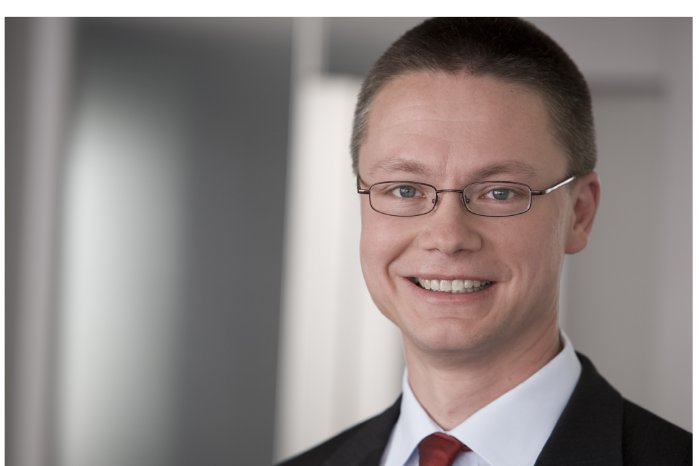Dr Kai Schiefelbein: First of all the eco-friendliness of heat pumps: Due to the fact that between 70 and over 80 per cent of the required heating energy is supplied by renewable energy from the environment. depending on the type of heat pump, heat pumps contribute to saving primary energy and cutting down on CO2 emissions. Heat pumps run locally with zero emissions and can be operated 100% with renewable energy in combination with regeneratively produced electricity. They use domestic energy and hence help to reduce the dependency on imports in the energy sector.
At the same time you can save around half of energy costs by using a heat pump as compared to conventional heat generators, so that your efforts for the environment will make themselves felt in your wallet too.
Question: In which areas does it make sense to rely on a heat pump?
Dr Kai Schiefelbein: There are many potential applications for heat pumps. Whether it is the classic application for heating industrial and heating water or for instance, to continue on from here, in ventilation for using energy from warm exhaust air, the heat pump is a true all-rounder. It is possible for example to back it up with solar collectors without any difficulty.
Question: What happens next once I have made the basic decision to exchange my old heating for a heat pump?
Dr Kai Schiefelbein: You should consult a qualified professional in your area, i.e. your heating engineer, plumber or electrician. In a preliminary meeting with you they will calculate the situation and your requirements. Next they will determine together with you which energy source should be used—usually either the ground or the ambient air. Depending on which heat pump is to be used, it can be installed in the cellar, in the boiler room or the utility room, or even in the garden. Whichever specialist you choose will then install the heat pump and will usually also take care of the system for the heat source.
Question: How do I best find a qualified professional fitter?
Dr Kai Schiefelbein: On our company's website for example. Here you can search for a professional fitter specialised in installing heat pumps. We train more than 20,000 fitters in the relevant branches every year in our own training facilities and thus make sure that our partners—the fitters—are kept up to date with the latest technical developments.
Question: Nonetheless there are plenty of customers who do not want to serve as guinea pigs for a new technology.
Dr Kai Schiefelbein: There is no question of this. STIEBEL ELTRON has been manufacturing heat pumps for more than 30 years: The systems are reliable and have a high service life. Many systems have been in operation for over 25 years without trouble. Of course we are currently experiencing a boom on the heat pump market, with newcomers also wanting a share. The customer should therefore exercise great care in whom he puts his trust. Not just the price of the system should play a role in your decision, but also the experience of the supplier, the professionalism of the service staff, support provided by the professional fitter in planning the system and the opportunity to purchase the heat pump and the heat source system from the same supplier should also be considered.
Question: You have mentioned the increasing demand for heat pumps as a system of heating. Should I now have to be prepared for long delivery times, if I decide in favour of the environmentally friendly method of heating instead of oil or gas heating?
Dr Kai Schiefelbein: No. We at STIEBEL ELTRON have just opened the largest and most modern factory for heat pumps in Central Europe at our headquarters in Holzminden in Lower Saxony. There, up to 40,000 appliances can be produced annually. This means we will be well equipped to meet further increases in demand in the future too.

